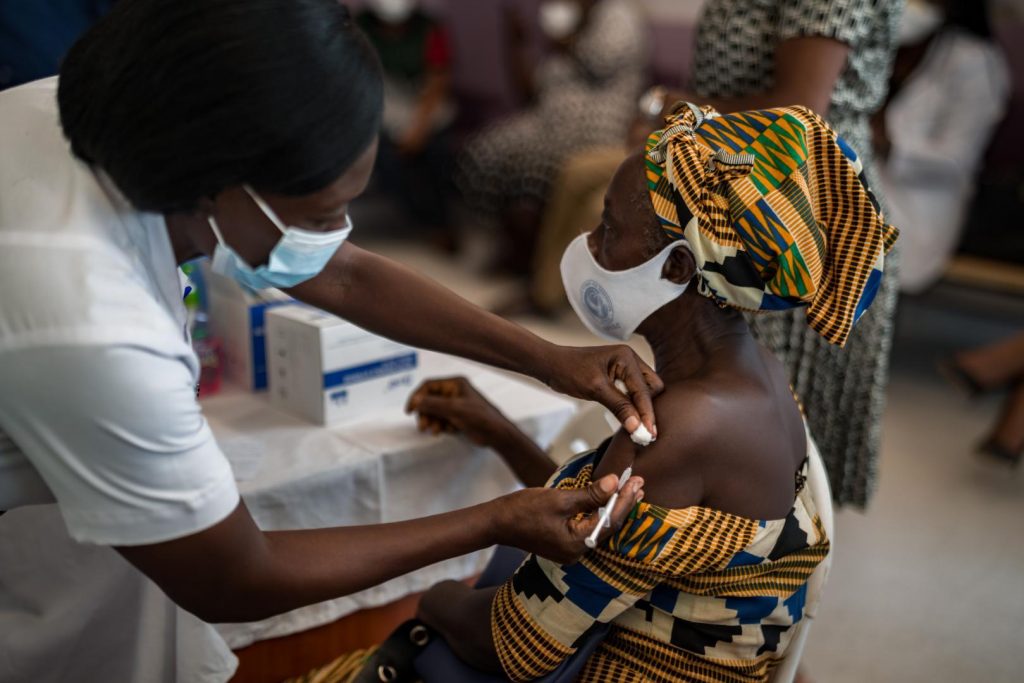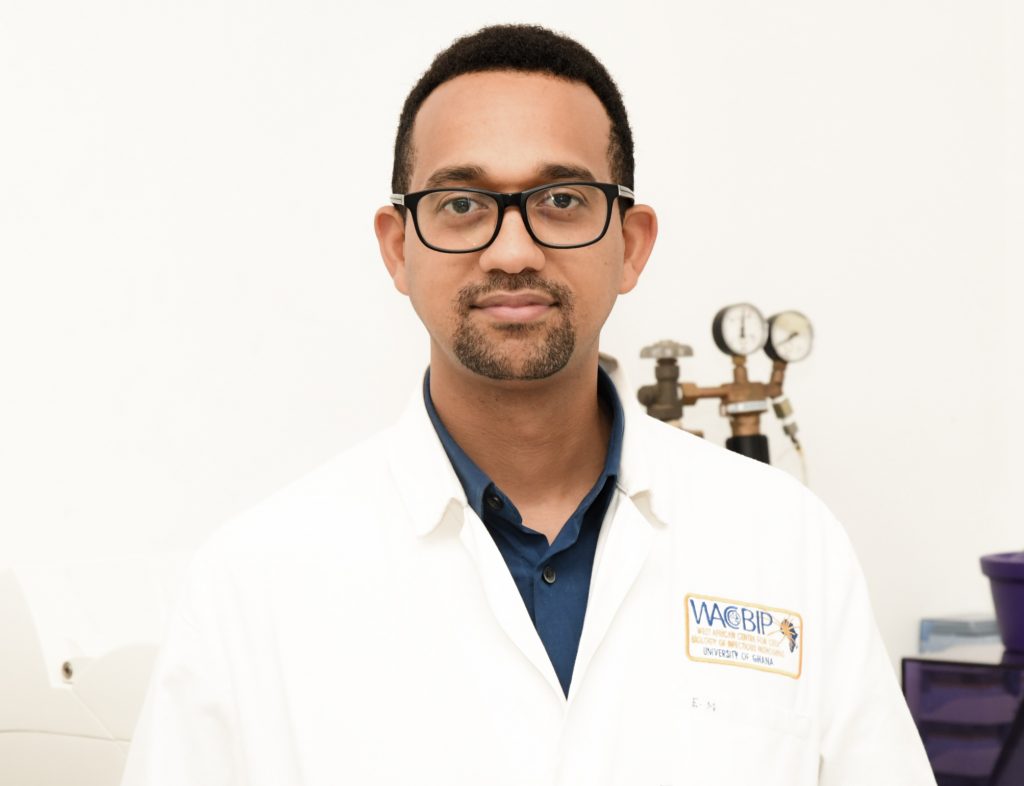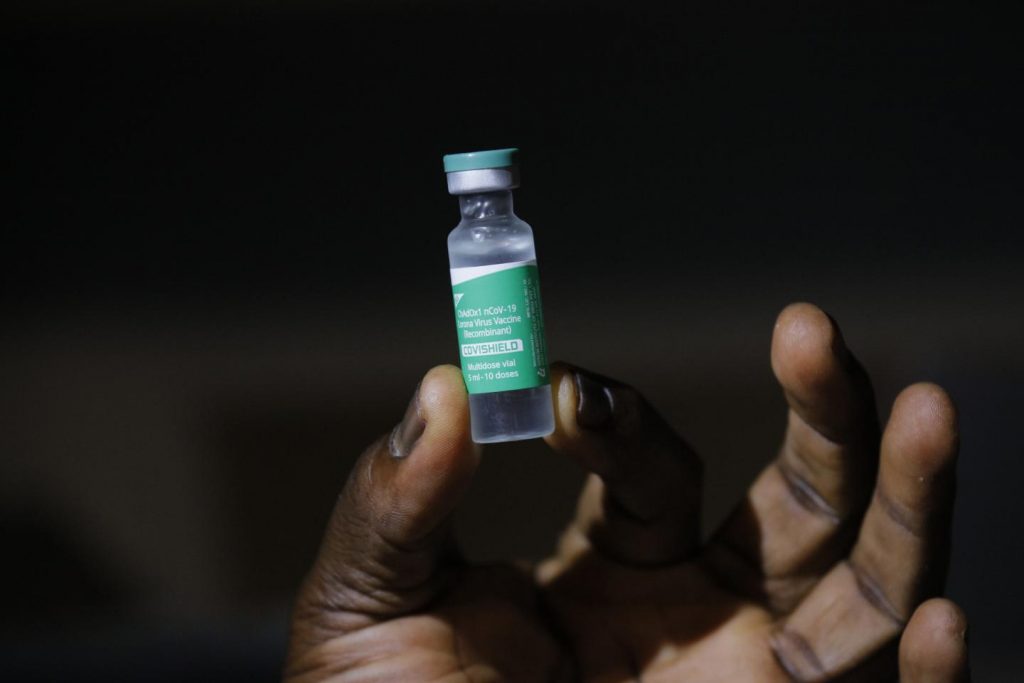A study has established the growth of Covid-19 vaccine hesitancy among the Ghanaian populace.
It reported that religious leaders, when compared with all categories of prioritized populations sampled for the survey, had a high hesitancy rate. Some 57 percent of religious leaders sampled would not accept the vaccine.

Vaccine hesitancy, as defined by the World Health Organization (WHO), is the reluctance or refusal to vaccinate despite the availability of vaccines. It was listed as one of the top 10 threats to global health in 2019.
Reasons for their hesitancy to take the jab were attributed to their mistrust in the origin of the vaccine, lack of trust in political leadership leading the pandemic fight or their lack of knowledge on vaccine development.
In the study, one charismatic leader bemoaned his mistrust for the first dose of the COVID-19 vaccine received by the President. He was quoted as saying, “I have my doubts as to whether what he (the President) received was the vaccine or something else. Politicians don’t tell the truth. There is no truth in Ghana. It could be that it wasn’t the COVID-19 vaccine that was given to the President, but rather a different injection altogether; it could even be just water.”
Another survey conducted also revealed that doubts about the efficacy of the vaccine, its side effects, conspiracy theories and fertility concerns were some reasons for respondents’ hesitance to receive the vaccine in Ghana.
Dr. Yaw Bediako, a Research Fellow at the West African Center for Cell Biology of Infectious Pathogens (WACCBIP), told the Alliance for Science that misinformation and conspiracy theories about COVID-19, have spread easily from anti-vax movements overseas to Africa with the help of social media. According to him, both the educated and uneducated have become susceptible to this misinformation.

“When we talk about childhood vaccinations, there’s quite a bit of hesitancy in some countries. Thankfully in Ghana, we don’t really have that. Everybody accepts that their child should get vaccinated,” he said. “Infants are being vaccinated at a very high rate but the hesitancy we are seeing with COVID-19 is because we are asking adults to get vaccinated. And I think the people are a bit susceptible to some of the misinformation that has been coming from overseas.”
COVID-19 vaccines have been available in the country since March 2021 and the Ghana Health Service (GHS) has been leading the COVID-19 education, vaccination plan and distribution.
Dr. Patrick Kuma-Aboagye, Director-General of the Ghana Health Service (GHS), in a recent launch of a COVID-19 risk communication and vaccination sensitization campaign said only 25 percent of the target population are fully vaccinated, despite efforts by stakeholders towards the vaccination drive. He said that although vaccination has been the number one success story in controlling pandemics in the history of public health in Ghana, many people have decided not to be vaccinated due to misinformation and other different beliefs.
The data from the GHS website notes the total number of vaccine doses administered was 18,954,667 as of August 19.
According to Bediako, even though the service and the government have made attempts at educating the public about the pandemic, another challenge has been a lack of clarity and consistency in the messaging.
“So you are sending a mixed message if, on one hand, you’re trying to tell people that everything is fine, and on the other hand, you are telling them it’s a deadly disease and they should get back to the safety protocols,” Bediako said. “I think attempts have been made, probably for economic reasons, to reassure people and help them think everything is under control. But at the same time, if you do that too much then they question themselves why they need to be vaccinated.”
For this reason, the GHS is facing difficulties getting people to take the vaccine even though there are vaccines available, he said.
In other African countries, COVID-19 vaccine hesitancy equally remains a challenge. Research by PATH, a global team of innovators working to accelerate health equity, reported mass vaccine hesitancy in Kenya, although millions of jabs have been administered across the country. Vaccine hesitancy resulted from peoples’ suspicions of a lack of transparency on the part of officials, fear of adverse effects from myths and misinformation and a lack of trust for the vaccine among health workers.
“I think the best way to solve the Covid-19 vaccine hesitancy is by using a Human-Centered Design (HCD),” said Steve Osumba, Design and Innovation Lead at PATH. “We need to fully understand the root causes and tailor strategies to combat them. Through collaboration between PATH and Dalberg, we have used HCD to identify opportunities which, if explored, would help in tackling Covid-19 vaccine hesitancy. The study is available to the public to give anyone interested in helping solve this challenge a head-start.”

In addition, Bediako recommended that the approach to COVID-19 education be modified from relying on fear and being COVID-19 specific to a general message that tackles vaccination as a whole.
“As I said, a lot of people are used to vaccinating their children against the childhood killer diseases as we used to call them. So we have to make the education less COVID-19 specific and try to link that to the current COVID-19 vaccination drive. We have to do better to make people realize that vaccination is nothing new, nothing mysterious or dangerous. And if we can do that then we can achieve high rates of vaccination.”
He noted that to respond more quickly to emerging threats, “we need to have a strong research ecosystem and improve public funding for research. We will be missing the point if we simply focus on manufacturing vaccines without realizing the need for a whole research ecosystem.
“Additionally I think certain religious leaders have not helped the situation, although there are others who have been very supportive of vaccinations. So, I think we have to be careful not to label all religious leaders as contributors to hesitancy,” he concluded.
SOURCE: ALLIANCE FOR SCIENCE
